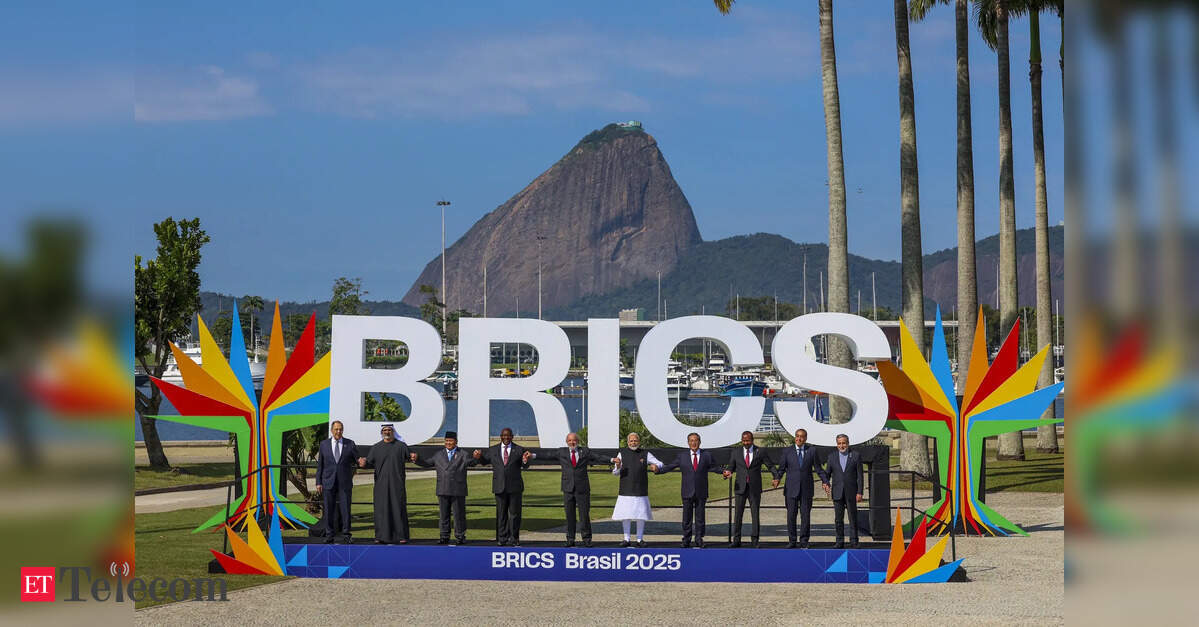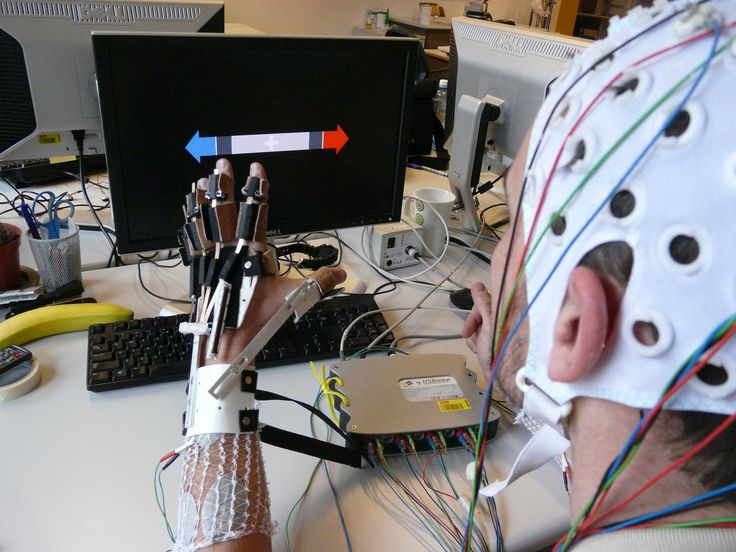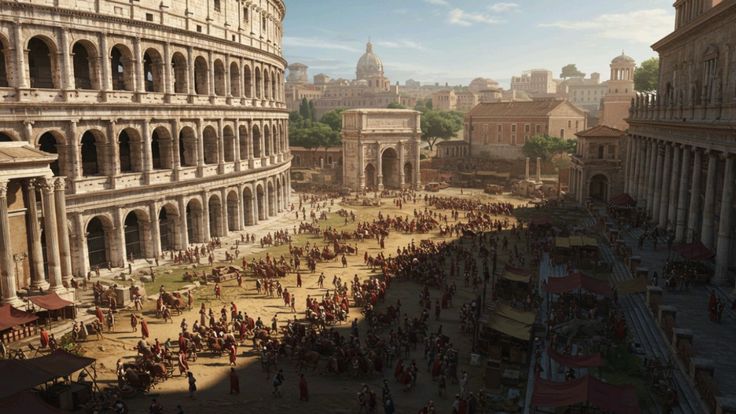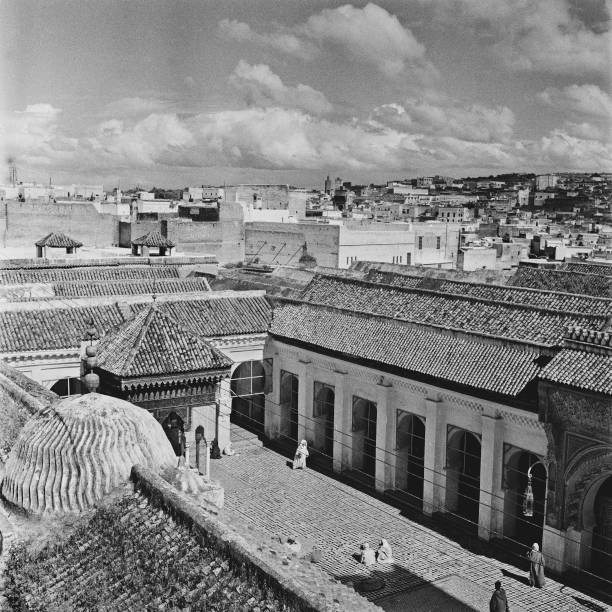UN talks with rival leaders of Cyprus fail to reach deal on new border crossings

UNITED NATIONS — The United Nations chief said Thursday that he would have liked more results from his meetings with the rival leaders of divided Cyprus, while the Turkish Cypriot leader said he was “very, very upset” that there was no agreement on opening four new border crossings.
Secretary-General Antonio Guterres called the meetings “constructive” and pointed to progress on four of the six initiatives that the leaders agreed to in March. He cautioned, however, that “there’s a long road ahead.”
The Mediterranean island was divided in 1974 when Turkey invaded following a coup by Athens junta-backed supporters of uniting the island with Greece. Only Turkey recognizes a Turkish Cypriot declaration of independence, and it maintains more than 35,000 troops in the island’s northern third.
Negotiations between the rivals have been stalled since 2017. When asked whether he would start a new round, Guterres responded that there is more to be done before any negotiations. The current talks are “complex,” he said, stressing the very different views of Greek Cypriots and Turkish Cypriots on a solution.
“I think we are building, step by step, confidence and creating the conditions to do concrete things to the benefit of the Cypriot people,” the secretary-general said.
The agreed-upon, U.N.-endorsed framework for a peace deal has been a reunified Cyprus as a federation composed of Greek Cypriot and Turkish Cypriot zones.
Turkish Cypriot leader Ersin Tatar has been demanding a two-state deal ever since his 2020 election. He faces reelection in October and says he’s running on the same two-state platform with Ankara’s full backing.

A man walks in front of a blocked road across the U.N buffer zone as a cat sits next of a banner shows the Cyprus island divided, the Turkish occupied area at the north and Cyprus republic at the south, in divided capital Nicosia, Cyprus, Thursday, July 17, 2025. Credit: AP/Petros Karadjias
Tatar told reporters after the meeting that “unless our sovereign equality and equal international status is reaffirmed, we will not resume formal negotiations for the resolution of the Cyprus problem.”
Greek Cypriots reject any agreement that would formalize partition, fearing Turkey would seek to control the entire island in light of its demand to maintain a permanent troop presence and military intervention rights in Cyprus. Turkey also insists the minority Turkish Cypriots should have veto rights over all federal government decisions.
Cypriot President Nikos Christodoulides told reporters in Greek afterward that the results were in the right direction.
“Yes, there could have been better results if there was the necessary political will, but I believe that, given the circumstances before us, we had significant results,” he said.

People gather at a bench near a "Peace" sign next to the main Ledra crossing point in central divided capital Nicosia, Cyprus, Thursday, July 17, 2025. Credit: AP/Petros Karadjias
The meeting also included the foreign ministers of guarantor countries Turkey and Greece and a United Kingdom deputy minister.
Despite differences on the future of Cyprus, the rivals have made some progress on trust-building measures.
Guterres told reporters that four initiatives had been achieved: creating a technical committee on youth; initiatives on the environment and climate change, including the impact on mining areas; the restoration of cemeteries; and an agreement on demining, where technical details still need to be finalized.
He said discussions will continue on opening four new crossings between the Greek and Turkish sides of the island and on solar energy in the buffer zone between them, which is patrolled by a U.N. peacekeeping force.
Tatar accused Christodoulides of preventing the announcement of the four border crossings on Thursday by insisting that one of them go through the buffer zone, which he called unacceptable to Turkish Cypriots.
He also sharply criticized Greek Cypriots for pursuing legal action over the sale of properties in the Turkish Cypriot north, saying the moves “are certainly damaging to the relations of the two peoples and are aimed at damaging our economy and our tourism.”
Property rights are a deeply contentious issue in Cyprus. A recent boom in construction of luxury villas and apartments in the north has prompted Cypriot legal authorities to take a more assertive stance toward realtors and developers to discourage what they say is the large-scale “illegal usurpation” of Greek Cypriot land.
Guterres said the meeting also produced an understanding on a consultative body for civil society engagement, exchange of cultural artifacts, an initiative on air quality monitoring and addressing microplastic pollution.
The secretary-general said Tatar and Christodoulides agreed to meet with him in late September during the annual gathering of world leaders at the General Assembly and to hold another informal meeting later in the year.
Recommended Articles
China willing to work with UN to advocate more just, equitable int'l order -- Premier Li | XINHUA | LINE TODAY
RIO DE JANEIRO, July 8 (Xinhua) -- China stands ready to deepen coordi...
China supports UN's central role in global governance in AI, polar regions -- Premier Li - World - Chinadaily.com.cn

RIO DE JANEIRO -- China supports the United Nations as the main channel in addressing the governance gaps in emerging ar...
UN chief, BRICS stress need for two-state solution in Palestine amid ceasefire talks - Chinadaily.com.cn

United Nations Secretary General Antonio Guterres reiterated that peace in Palestine must be based on the two-state solu...
BRICS Leaders Advocate Responsible AI Use & Data Protections

Prime Minister Narendra Modi urged BRICS nations to collectively pursue responsible AI use at the 17th BRICS Summit, emp...
UN chief 'strongly condemns' Russian drone assault on Ukraine | Russia-Ukraine war News | Al Jazeera

Antonio Guterres raises alarm over ‘dangerous escalation’ after hours-long Russian drone and missile barrage this week.
You may also like...
How Technology, Equity, and Resilience are Reshaping Global Healthcare

The global healthcare system is undergoing a profound transformation, driven by technological leaps, a renewed focus on ...
A World Unwell: Unpacking the Systemic Failures of Global Health

From recurring pandemics to glaring inequities, the global health system is under immense strain. This article explores ...
Sapa-Proof: The New Budget Hacks Young Nigerians Swear By

From thrift fashion swaps to bulk-buy WhatsApp groups, young Nigerians are mastering the art of sapa-proof living. Here ...
The New Age of African Railways: Connecting Communities and Markets
(5).jpeg)
African railways are undergoing a remarkable revival, connecting cities, boosting trade, creating jobs, and promoting gr...
Digital Nomadism in Africa: Dream or Delusion?

For many, networking feels like a performance — a string of rehearsed elevator pitches and awkward coffee chats. But it ...
The Ethics of Brain-Computer Interfaces: When Technology Meets the Mind

This piece redefines networking as a practice rooted in curiosity, generosity, and mutual respect, sharing stories from ...
Carthage: The African Power That Challenged Rome

Long before Rome became the undisputed master of the Mediterranean, it faced a formidable African rival whose power, wea...
Africa’s Oldest Seat of Learning: The Story of al-Qarawiyyin

Long before Oxford or Harvard opened their doors, Africa was already home to a seat of learning that would shape global ...